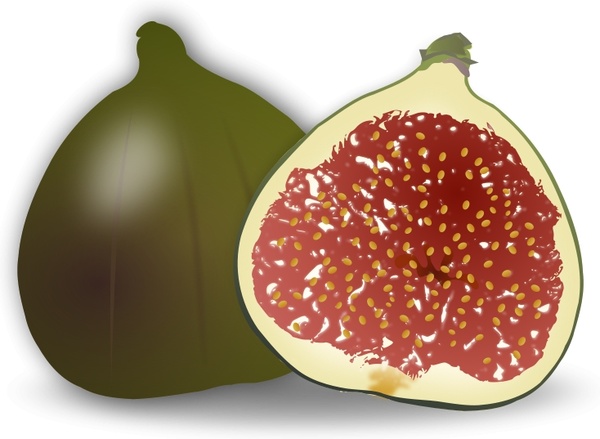
- What is a FIG?In FIGs (Focused Inquiry Groups), small groups of staff and faculty conduct focused research in order to improve teaching, student services, and student success at BCC. They consider outside research in effective practices, gather information directly from our students or other relevant community members (surveys, focus groups, assessment of student work, etc.), and recommend actions to improve student outcomes.
What are the goals of the FIG project?
- Create a culture of collaboration
- Take creative risks
- Strengthen teaching and student services through inquiry and research
- Improve staff and faculty understanding of student learning
- Document the findings to plan future workshops and projects
What exactly do people do in a FIG?
- Develop a critical question, e.g.
- How can we make initial Assessment/Orientation better fit student needs?
- Why do students struggle so much with word problems in math, and what can we do about it?
- How can we best use X technological advance in X discipline to improve student learning?
- What are the necessary components of effective contextualized courses/sustainable learning communities, mentoring programs, etc.?
- What do students in transfer class X who took the previous pre-transfer preparation class Y wish we had taught them in class Y?
- What best practices in group work should we apply in X discipline?
- How can writing across the curriculum improve student outcomes in STEM classes?
- Find a few sources of existing data relevant to your topic (e.g. district data on retention/success etc., published studies, examples of how other schools or other parts of our school are addressing your issue )
- Gather data from students or other relevant people (e.g. surveys, interviews, focus groups, student work)
- Look at collected & published data & make recommendations/identify paths for future research
- Present findings:
- Brief written report with specific recommendations and supporting data to be posted on the TLC website
- Brief presentation to other groups
What are the required activities for team members?
- Each person submits their own time sheet and other paper work as requested by the TLC Coordinator or BCC staff
- Meet as a group at least three times over the year:
- Aninitial meeting where you will refine your question, develop a research plan, and take a look at previously published research on the issue
- Meet at least two other times to discuss existing data, plan and conduct research, evaluate the findings, and make recommendations.
- Participate in the TLC Spring Symposiumwhere you will present your project to the BCC community
What else does the leader need to do?
- Ensure that the project is moving along on schedule
- Ensure that all team members are included in the collaboration
- Maintain contact with TLC coordinator and ask for support when needed
- Submit communications on time to bcctlc@peralta.edu (all through email)
How much time will this take?
Estimated total time input is about 10+ hours for FIG project leaders and participants. While we appreciate enthusiastic participants who do thorough inquiry, FIG projects are intended to be small enough to complete in a few months with a few meetings and a few hours of outside work. They should inform and improve your teaching or other work experience, not interfere with it.
What about pay?
Stipends are available. Participants who are approved will receive a stipend: generally it is $200 per participant and $300 for the group leader but the amount may change year to year based on the funding allocation. Stipends are received usually after the end of the academic year and the final reports have been received. Priority for stipends will be determined according to these criteria:
- people working on projects that clearly meet the objectives of the criteria below
- new participants in TLC projects (part-time or full-time)
Please note that you are welcome to run a curriculum project even if we run out of stipend allocations. Also, some projects might have a small core group of 2 or 3 people doing most of the work who request stipends, but others may participate in a focus group, pass out surveys, etc. without committing much time or requesting compensation. All community members are invited to the TLC Symposium.
What are the criteria for selection?
- The inquiry question is focused (click here for more details on how to develop a strong inquiry question)
- The inquiry focuses on at least one of the following areas:
- Instructional design: Supports collaborative professional development
- Guided Pathways: Supports institutional student success
- Student equity: Supports student completion and success
- Basic skills students and/or instruction
- Retention, persistence, equity, and success of all students
- Outcomes assessment and/or “closing the loop”
- Radical educational models or forms of inquiry that push the boundaries of learning and pedagogy
- The proposal exhibits a sense of urgency, passion, and interest in the issue
- The inquiry, where applicable, leads faculty and staff to gather meaningful information from students to better understand their learning and experiences
- The inquiry should forge new ground rather than merely substantiating claims or research already documented
- The inquiry should be completable in the time proposed
- [If applicable] Teams should be inclusive or interdisciplinary

 Canvas
Canvas
 Donate
Donate
 Let's Talk!
Let's Talk!

Comment section